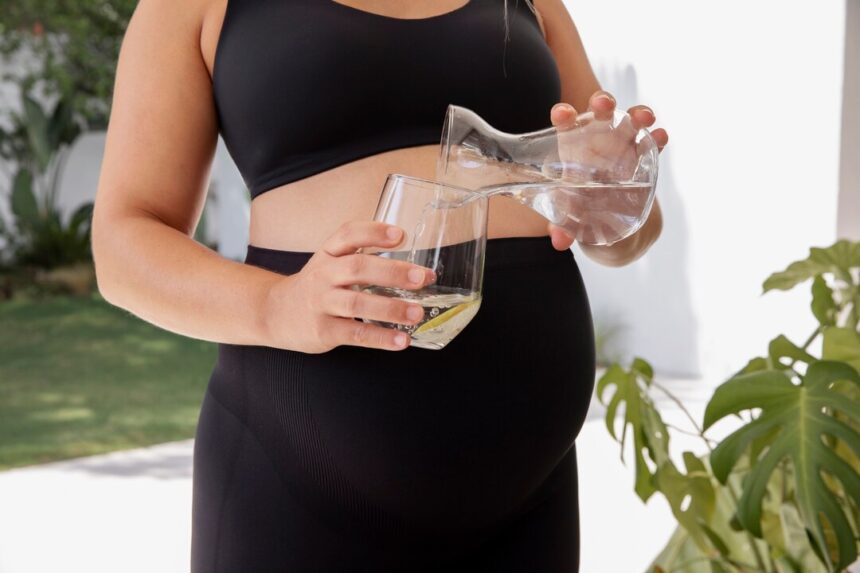Pregnancy is a time of immense change and growth for both mother and baby, and staying properly hydrated is crucial for supporting maternal health and fetal development. Water plays a vital role in maintaining essential bodily functions, regulating body temperature, and transporting nutrients to the growing baby. However, many pregnant women may find it challenging to drink enough water due to nausea, frequent urination, and other pregnancy-related symptoms. In this article, we’ll explore the importance of staying hydrated during pregnancy and provide practical tips for ensuring adequate water intake.
Importance of Hydration During Pregnancy:
- Supports Fetal Development: Water is essential for the development of the placenta and amniotic fluid, which surround and protect the growing baby in the womb. Proper hydration ensures that the baby receives a steady supply of nutrients and oxygen for optimal growth and development.
- Prevents Dehydration: Pregnancy increases the body’s fluid needs, as blood volume expands to support the growing baby. Dehydration during pregnancy can lead to complications such as preterm labor, low amniotic fluid levels, and urinary tract infections.
- Relieves Common Pregnancy Symptoms: Drinking enough water can help alleviate common pregnancy symptoms such as constipation, swelling, and urinary tract infections. Adequate hydration also helps maintain healthy circulation and reduce the risk of leg cramps and dizziness.
- Regulates Body Temperature: Pregnant women are more prone to overheating due to hormonal changes and increased metabolic rate. Drinking water helps regulate body temperature and prevent overheating, especially during hot weather or physical activity.
Tips for Drinking Enough Water During Pregnancy:
- Set a Daily Goal: Aim to drink at least 8-10 cups (about 2-2.5 liters) of water per day, or more if you are physically active or experiencing hot weather. Keep a water bottle with you throughout the day as a reminder to stay hydrated.
- Sip Water Frequently: Instead of trying to drink large amounts of water at once, sip water regularly throughout the day. Set reminders on your phone or use a hydration tracking app to monitor your water intake.
- Flavor Your Water: If plain water is unappealing, try adding natural flavorings such as lemon, cucumber, mint, or berries to enhance the taste. Herbal teas and infused water can also provide hydration without added sugars or caffeine.
- Eat Water-Rich Foods: Incorporate water-rich foods such as fruits (e.g., watermelon, oranges, strawberries) and vegetables (e.g., cucumbers, celery, lettuce) into your diet to increase fluid intake. Soups, smoothies, and yogurt can also contribute to your overall hydration.
- Limit Caffeine and Sugary Drinks: While moderate caffeine intake is generally considered safe during pregnancy, excessive caffeine consumption can contribute to dehydration. Limit caffeinated beverages such as coffee, tea, and soda, and opt for water or decaffeinated alternatives instead.
- Stay Hydrated During Exercise: If you exercise during pregnancy, be sure to drink water before, during, and after your workout to replace fluids lost through sweat. Avoid overheating by exercising in a cool, well-ventilated environment and wearing breathable clothing.
- Listen to Your Body: Pay attention to your body’s thirst cues and drink water whenever you feel thirsty. Urine color can also be a helpful indicator of hydration status; aim for pale yellow urine, which indicates adequate hydration.
Staying hydrated is essential for supporting maternal health and fetal development during pregnancy. By drinking enough water and following these practical tips, pregnant women can ensure they remain adequately hydrated and reduce the risk of complications associated with dehydration. Remember to prioritize hydration as part of your overall prenatal care and consult your healthcare provider if you have any concerns about your fluid intake during pregnancy.










